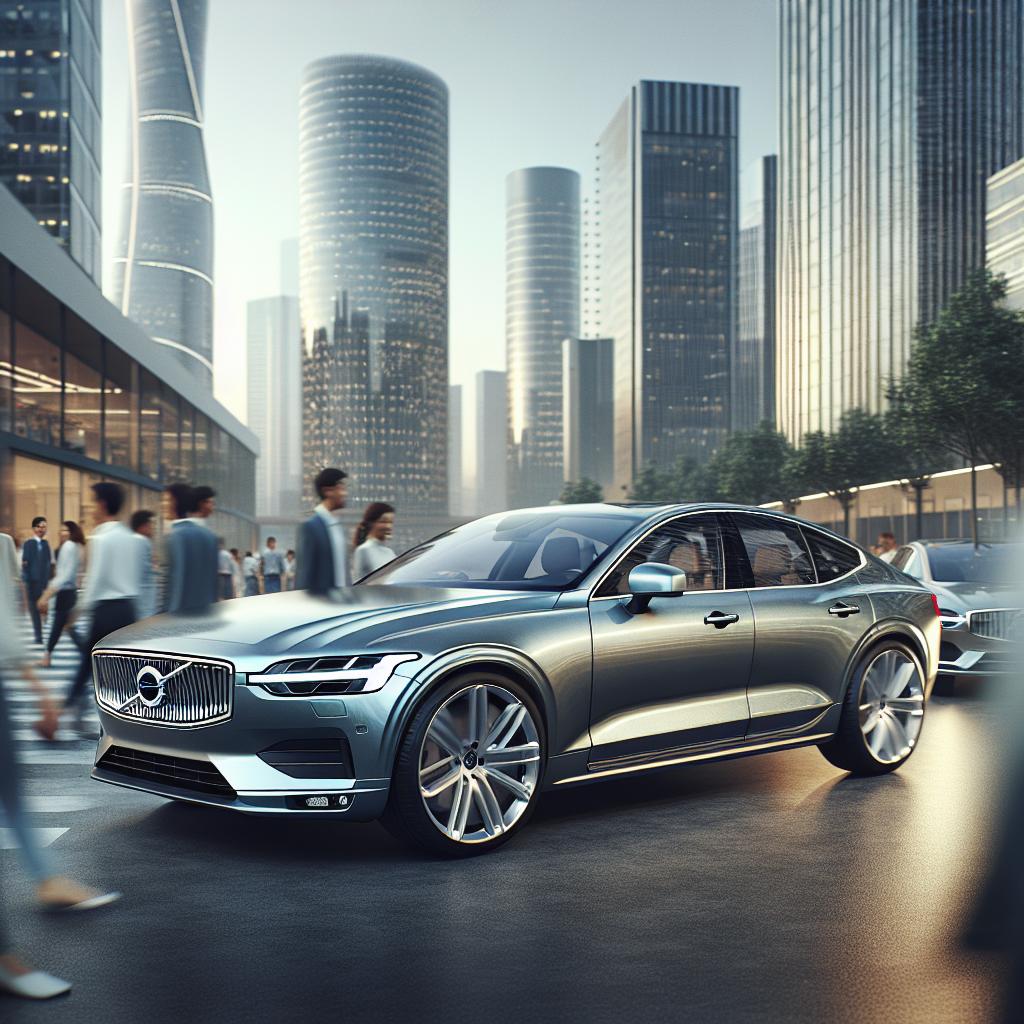Volvo Cars Adjusts Electric Vehicle Goals Amid Market Challenges
Volvo Cars has modified its 2030 goal of going fully electric, now planning to include hybrid models due to sluggish EV demand, inadequate charging infrastructure, and upcoming European tariffs on China-made electric cars. The automaker aims for 90-100% fully electric or hybrid by 2030, stressing the need for stronger government policies.

Swedish automaker Volvo Cars has altered its ambitious target to go all-electric by 2030, announcing on Wednesday that it would include some hybrid models in its lineup due to evolving market conditions.
Amidst a slowdown in electric vehicle (EV) demand, in part because of a scarcity of affordable models and the slow rollout of charging infrastructure, Volvo Cars now aims for 90-100% of its sales to come from fully electric or plug-in hybrid models by the end of the decade. The remainder will be mild hybrids if necessary.
Volvo Cars, which is predominantly owned by China's Geely, cited shifting market conditions and consumer preferences as reasons for its revised strategy. The company is also preparing for the impact of impending European tariffs on China-manufactured EVs. Despite the changes, Volvo CEO Jim Rowan reiterated the company's commitment to an electric future, while urging for more robust government policies to support electrification.
(With inputs from agencies.)










